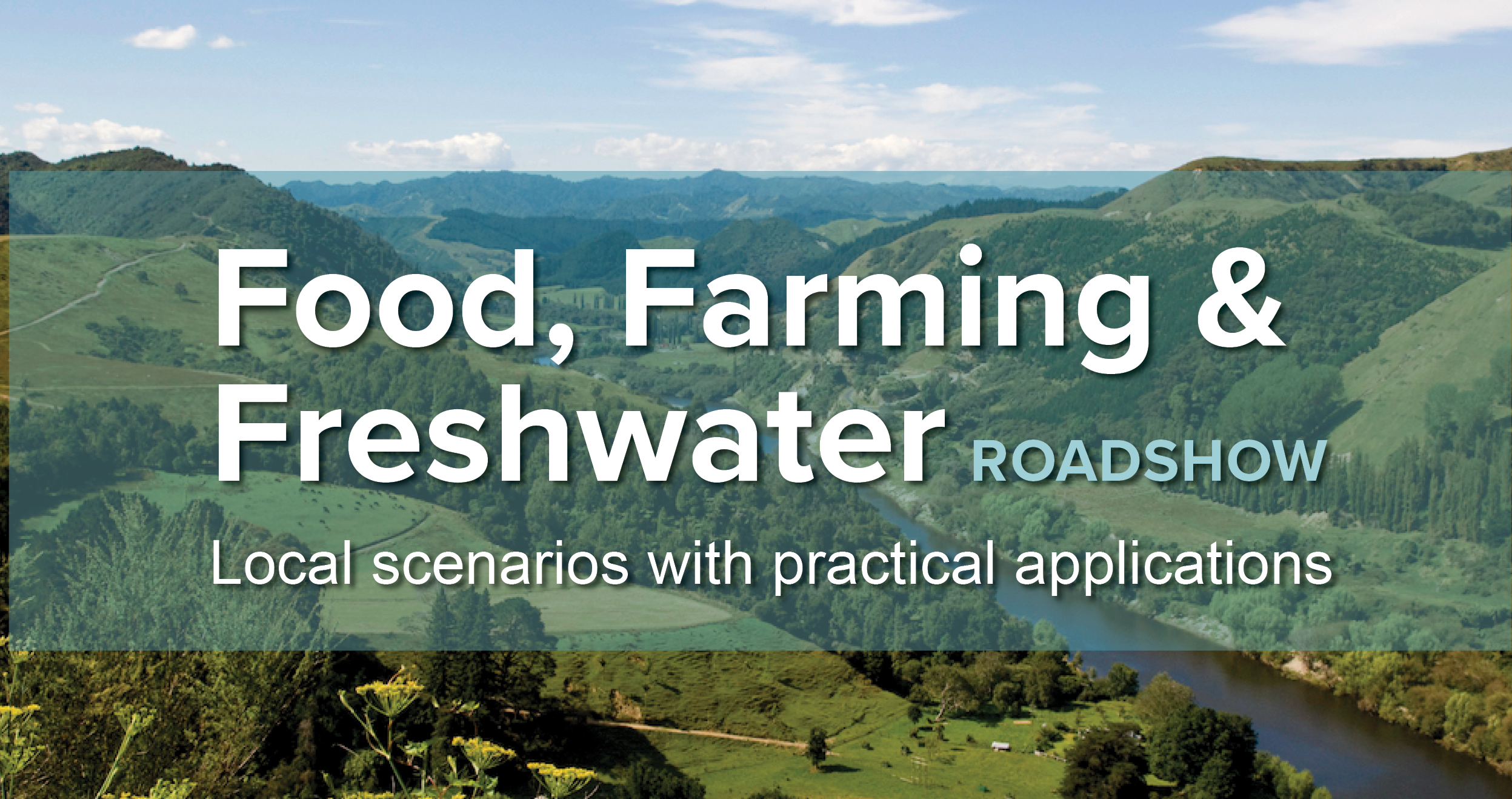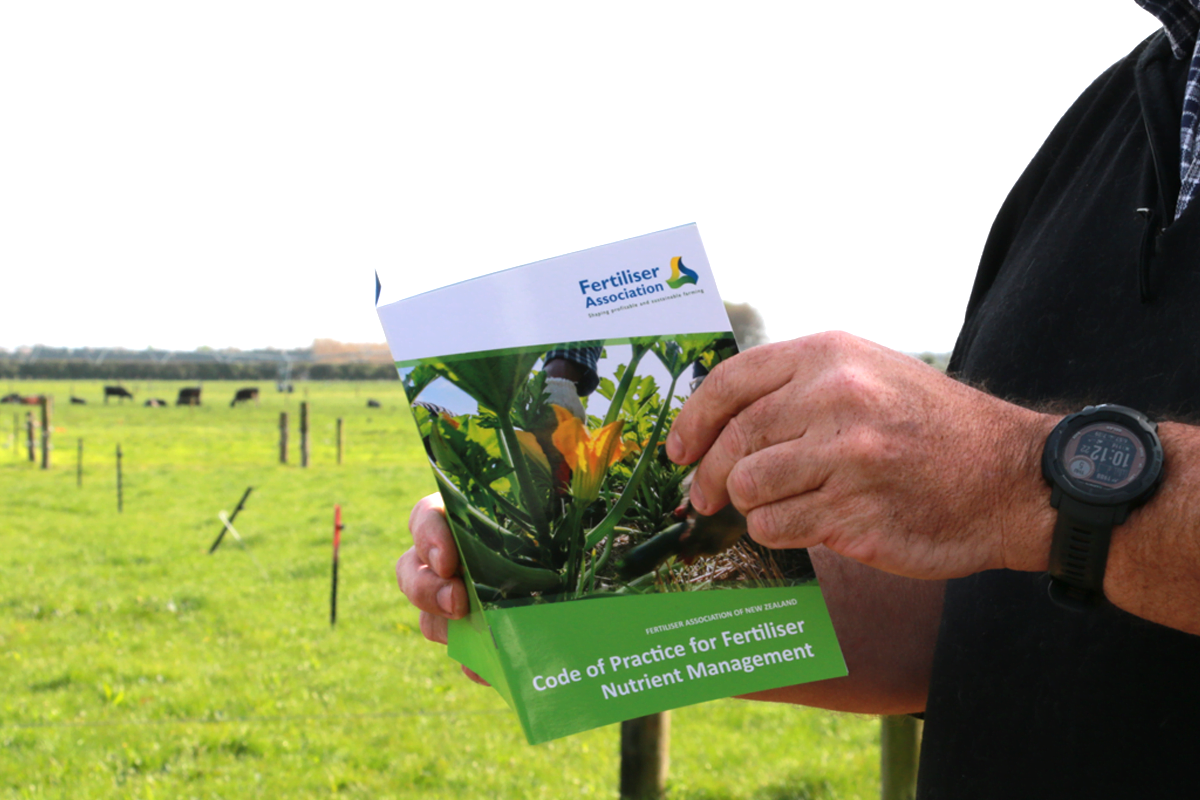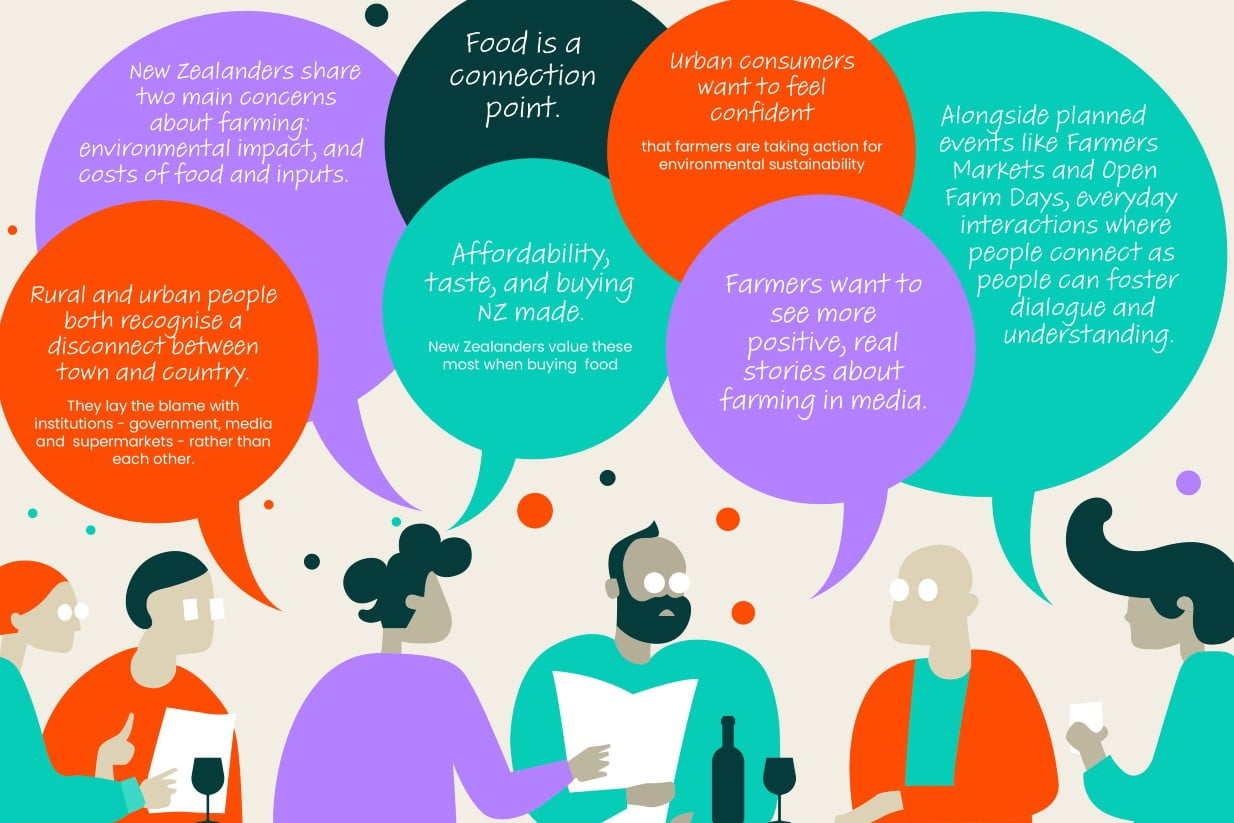Supporting the design of useful and relevant holistic frameworks for land use opportunity assessment for indigenous people
February 2022
Publication: Australasian Journal of Water Resources
Author(s): N. Harcourt, M. Robson-Williams, R. Tamepo
Choices about how to use land are critical to efforts to manage water quality in Aotearoa-New Zealand. Māori and non-Māori communities need decision-making frameworks that enable their values and priorities to inform land use choices. However, few of the available frameworks meet the needs of Māori communities. It is challenging to construct decision-making frameworks that have true utility for both Māori and non-Māori land stewards because of differences in their relationships with the whenua (land), the wai (the water) and te taiao (the environment). Additionally, Māori may utilise different types and formats of data in their decision-making from those traditionally encompassed by science-based frameworks.
This paper aims to help non-indigenous researchers understand the required development processes and design features if a framework aimed at a broad audience is to have genuine relevance and utility for indigenous users. To achieve this, we utilised a modified version of Cash et al.’s Credibility, Salience and Legitimacy framework to evaluate a range of land use decision-making frameworks. We discuss why science-based concepts of holism are not the same as those embodied by a Māori worldview.
We conclude that it is essential to co-develop frameworks in genuine partnership with Māori.
 View Our Strategy Document 2019 – 2024
View Our Strategy Document 2019 – 2024



